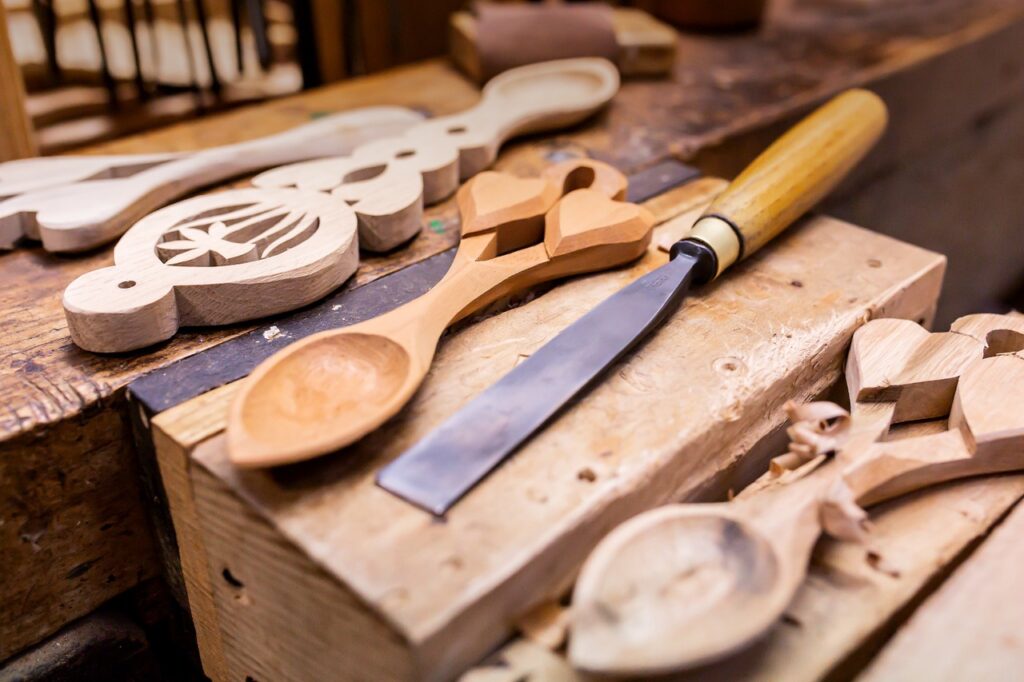Ah, l’amour. Or in Wales, rather, ‘Ah, cariad’
In Wales many of us are feeling warm and fuzzy as it’s Dydd Santes Dwynwen (St Dwynwen’s Day).
January 25 is the day that Welsh people honour our patron saint of lovers, Dwynwen. Dydd Santes Dwynwen is Wales’ answer to St Valentine’s Day and, in our opinion, it’s a much more moving story.

Who was Dwynwen?
Dwynwen was a Welsh princess, whose name means ‘she who leads a blessed life’. She was born in 5th century Brycheiniog (modern day Brecon Beacons) to King Brychan. King Brychan reportedly had 36 children, and Dwynwen was the most beautiful of his 24 daughters.
How did she become Wales’ patron saint of lovers?
Dwynwen fell hopelessly in love with a local boy named Maelon Dafodrill but King Brychan had already arranged a marriage for her to a Welsh prince. Dwynwen was distraught and ran into the woods to grieve for her lost love, praying for God to help her.
An angel came down and gave her a sweet potion that made her forget Maelon. The potion also turned Maelon into a block of ice, frozen in time.
God then granted Dwynwen three wishes. She wished for Maelon to be thawed; that God would help all true lovers; and, finally, that she would never ever have to marry. God granted Dwynwen her wishes and in return she took holy orders and established a nunnery on Anglesey’s Llanddwyn Island.
What happens on St Dwynwen’s Day?
The Welsh celebrate St Dwynwen’s Day in much the same way as Valentine’s, with cards, gifts and flowers. One notable difference is the presence of love spoons – intricately-carved, decorative wooden spoons – which are a gift of affection among Welsh people.
Love spoons date back to the seventeenth century but it is believed they were popular long before this date. Young men, particularly sailors on long voyages, would carve them for the sweethearts they left on shore.
Girls kept them as a love token and some possessed spoons from several different suitors! These sassy ladies would display them on the walls of their home as a status symbol.
Today, love spoons generally commemorate weddings, engagements, births and to celebrate St Dwynwen’s Day. They are also a nice memento of your visit to Wales and can be found in many souvenir shops across the region.



